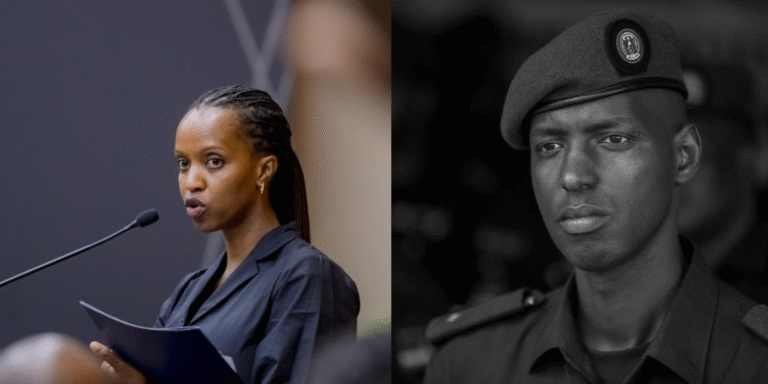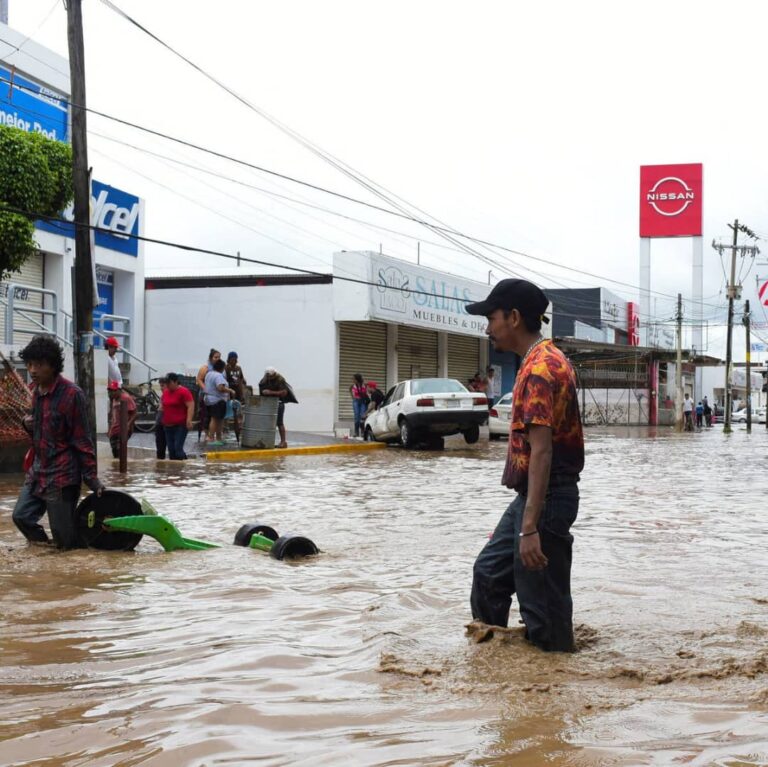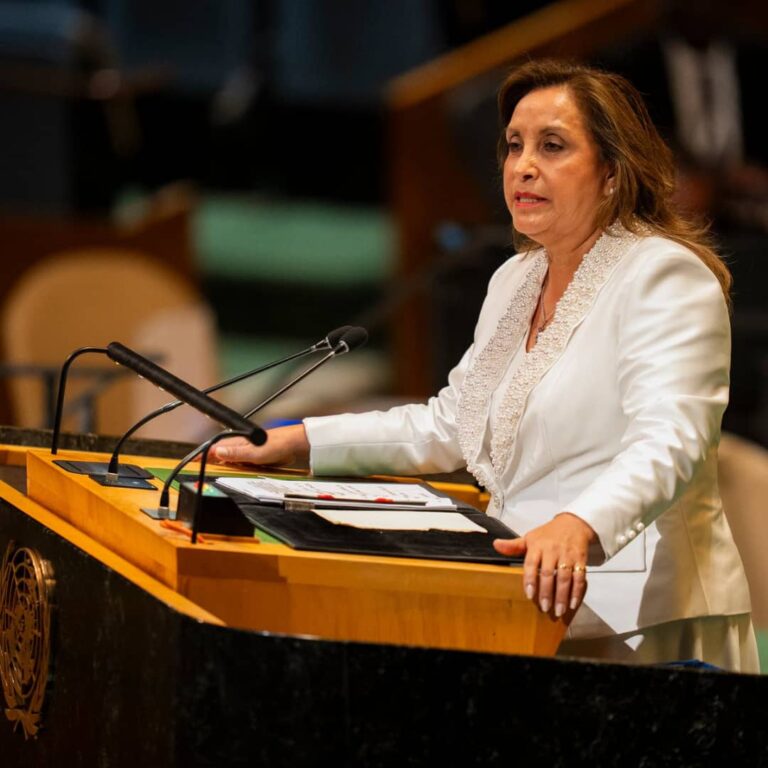For many Rwandans, the dream of studying, working, or even visiting family abroad still collapses at one crucial stage: the visa application. Even as more citizens travel internationally, confusion, delays, and rejections remain common.
Rwanda itself has made travel easier, offering visas on arrival for all nationalities and visa-free entry to citizens of the African Union, the Commonwealth, and La Francophonie. But the real challenge begins once Rwandans try to go abroad.
For Dative Nyirambarushimana, the lesson came the hard way when her cousin was invited to Belgium. “He thought all he needed was a passport. Then came the embassy appointment, the financial proof, the insurance, the letters… That’s when we all started learning under pressure. It was the craziest process,” she recalled.
The same confusion is observed daily by Nelson Mugabo of Bright Scholar Center, an agency that supports applicants with school placements, flights, and visa processes. “People don’t come in asking for the right visa. Some just say, ‘I want to go to America.’ That’s it. They don’t know if they need a student visa, a tourist one, or even a transit visa. We spend more time explaining visa types than actually filling the forms,” he said.
According to Mugabo, Rwanda may have improved its passport strength, but awareness and preparation remain weak at home. This gap, he says, costs citizens valuable opportunities for education, work, and family visits.
“We need more community sensitization. Schools, universities, and even local leaders should help young people understand what it takes to apply for a visa early. Right now, 60 percent of them only start searching for information when it is already too late, and that often leads to rejection.”
The problem cuts across all visa categories. Student visas are the most requested, especially to Canada, the Netherlands, and the United States, but many applicants underestimate the requirements, which include proof of admission, language tests like IELTS, financial guarantees, and sometimes medical certificates.
Tourist visas, commonly used for holidays or family visits, demand travel insurance and bank statements that applicants often overlook.
Business visas require professional proof such as invitation letters and conference registrations, while work visas are the most complex, requiring contracts and employer sponsorship.
Even transit visas catch many by surprise. The United Kingdom, for example, requires Rwandan passport holders to secure one even if they never leave the airport.
Family reunification visas are increasingly sought after but remain both emotionally and administratively draining, with long interviews and heavy proof of relationship.
Apart from missing documents, Some applicants are denied visas due to criminal or immigration history or weak ties to their home country.
The 2024 Henley Passport Index ranked Rwanda 74th in the world, granting its citizens visa-free access to 65 countries. Yet for popular destinations such as the United States, Canada, the Netherlands, Belgium, and China, strict requirements remain in place.
Currently, Rwandan passport holders can travel without visas to a number of countries: up to 90 days in Angola and Benin, six months in Burundi, Guinea, Kenya, Tanzania, and Uganda, three months in DR Congo, Côte d’Ivoire, Central African Republic, and Chad, 90 days in Mauritius and São Tomé and Príncipe, and 60 days in Ghana.
In the Americas, Rwanda enjoys visa-free stays of 90 days in Barbados and Ecuador, six months in Dominica, three months in Grenada and Haiti, one month in Saint Kitts and Nevis and Saint Vincent and the Grenadines, and 14 days in Montserrat.
In Oceania, citizens can stay 90 days in Kiribati, 60 days in Samoa, 30 days in Micronesia, Niue, and Vanuatu, 31 days in the Cook Islands, and 14 days in the Pitcairn Islands.
In Asia, visa-free entry is allowed for 30 days in the Philippines, Qatar, and Singapore.
Despite these advantages, demand for visas to other destinations is rising. Figures from NISR, RDB, BNR, and DGIE show that the number of Rwandans traveling abroad has increased from just over 61,000 in 2019 to more than 92,000 in 2024. To meet this demand, more than 300 licensed travel agencies now operate across the country.





















